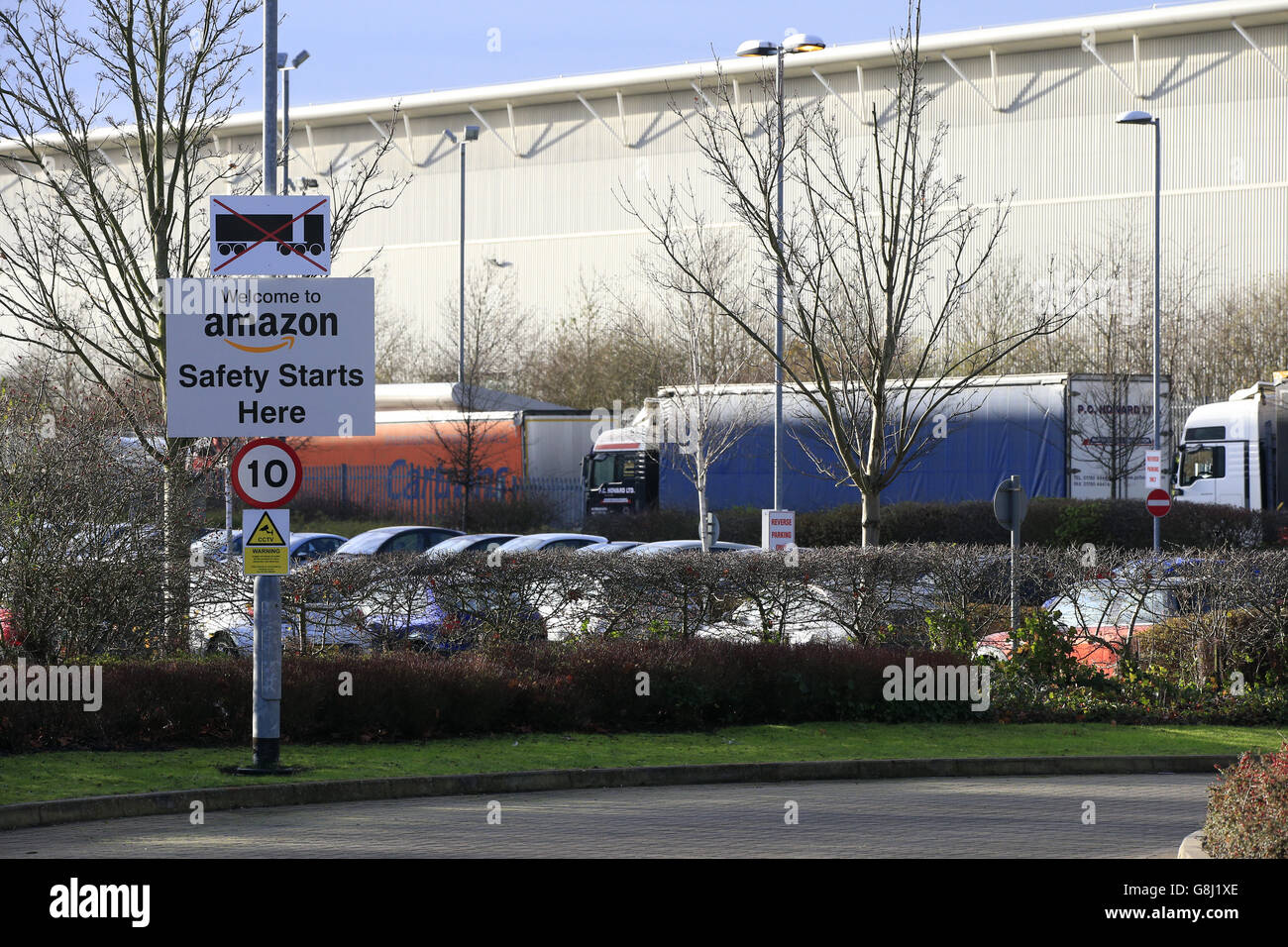As individuals grow aware of sustainability challenges, businesses are feeling the urge to implement sustainable practices across every facet of the operations. Fulfilment services, which serve a crucial role in the supply chain, is no exception. Organizations have been rethinking how they manage their fulfilment centres to align with a eco-friendly vision for the future. From minimizing waste to optimizing logistics, the trend towards sustainability is transforming the entire industry.
In the past few years, the stress on eco-friendly fulfilment has led to cutting-edge solutions that not only help the ecosystem but also enhance effectiveness and customer satisfaction. As organizations explore new technologies and strategies, the inclusion of sustainability into fulfilment services becoming a major component in a tough market. Consumers have been ever more demanding transparency and trustworthiness from brands, making it essential for companies to evolve and modify their fulfilment processes with a focus on sustainability. spintax ### Innovative Sustainable Practices in Fulfilment
As the desire for environmentally friendly solutions grows, fulfilment centres are embracing cutting-edge sustainable practices to minimize their carbon footprint. Many operations are enhancing to energy-saving technologies, such as LED lighting and state-of-the-art heating, ventilation, and air conditioning systems. These improvements not only reduce energy consumption but also foster a more comfortable working environment for staff. The adoption of renewable energy sources, like solar panels, is also becoming increasingly widespread, allowing centres to balance their energy needs with green power.
Furthermore, fulfilment centres are redesigning their packaging strategies to minimize waste. Transitioning to compostable packaging materials and cutting down the use of excess bubble wrap and plastic has become a priority. Companies are also encouraging customers to choose minimal packaging options during checkout, which promotes a more sustainable approach to shipping. By implementing these practices, fulfilment centres are not only adding to environmental protection but are also responding to customer preferences for greener solutions.
In addition to these operational changes, many fulfilment centres are focusing on enhancing their transportation logistics. This includes consolidating shipments to lessen the number of trips required and utilizing more sustainable vehicles. Some are investigating alternative transportation methods, such as electric delivery vans and cargo bicycles for community deliveries. By improving their supply chain efficiency and cutting emissions from shipping, fulfilment centres can play a essential role in the transition towards sustainable logistics, promoting a greener future in fulfilment services.
The Importance of Tech in Sustainable Fulfilment
Technology plays a critical role in enhancing the sustainability of fulfilment services. Cutting-edge software solutions enable fulfilment centres to optimize inventory management and minimize waste. By utilizing data analytics, companies can precisely forecast demand, ensuring that products are only requested and held as required. This cuts down on overproduction and surplus inventory, leading to a more effective supply chain that aligns with green initiatives.
Automation and robotics also contribute substantially greening fulfilment operations. Robotic systems simplify picking and packing processes, reducing the time and energy required to manage order fulfillment. This not only lowers the carbon footprint linked to manual labor but also increases the overall efficiency of the fulfilment centre. With robotics performing repetitive tasks, human workers can focus on value-added activities that encourage sustainability.
Additionally, the integration of green packaging solutions driven by technology is reshaping the delivery landscape. Many fulfilment services are implementing biodegradable and recyclable materials, often driven by software that tracks and analyzes packaging waste. Companies can use these data to transition to more sustainable practices, ensuring that their fulfilment services not only meet customer expectations but also benefit the environment.
Upcoming Developments in Sustainable Supply Chain Management
The integration of tech innovations and eco-friendly practices in fulfilment services is set to define the coming years of sustainable logistics. Automation and AI are being employed to enhance supply chain operations, minimizing waste and resource use. Advanced inventory management systems help fulfilment centre s better predict demand, allowing for optimized stock levels and reducing overproduction. This innovation leads to greater resource efficiency, contributing to a lower carbon footprint within the logistics sector.
Moreover, the move towards eco-friendly packaging solutions is gaining traction as consumers become increasingly eco conscious. Distribution centres are adopting biodegradable, recyclable, and reusable materials to cut down on plastic waste and packaging-related effects. Innovative packaging concepts that minimize material use while maintaining product safety and accessibility are also being created. As a result, companies that prioritize sustainable packaging are likely to improve their company reputation and attract eco-minded customers.
Finally, partnership across the logistics network is emerging as a key trend in eco-friendly logistics. Collaboration between companies, local governments, and NGOs can lead to resource sharing and strategies aimed at lowering emissions and advancing sustainability. Programs such as collaborative logistics and sustainable transportation options create synergies that benefit all parties involved. This collective approach not only addresses environmental challenges but also fosters a culture of sustainability within the logistics industry.

